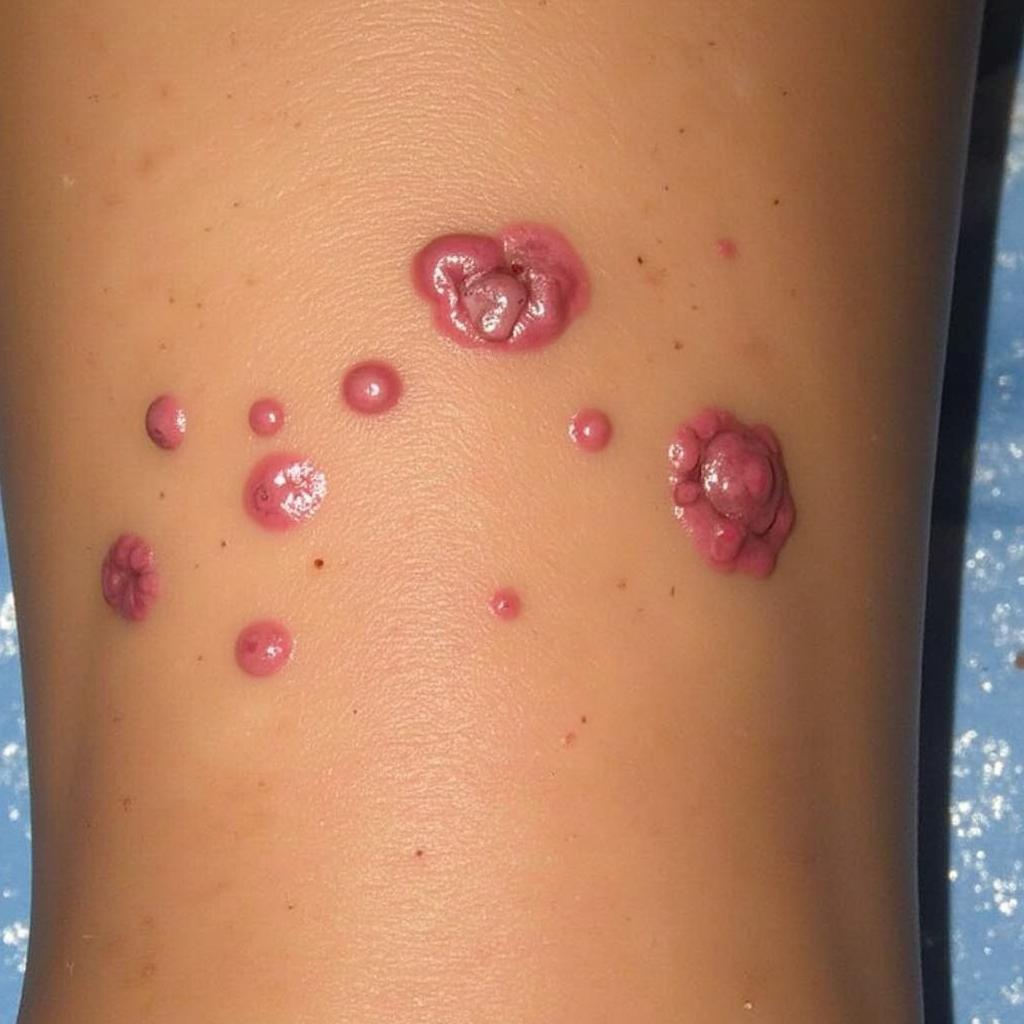African American Hair Implants: A Comprehensive Guide
African American Hair Implants are becoming an increasingly popular solution for hair loss. This guide delves into the intricacies of this procedure, addressing common concerns and exploring various aspects, from the unique characteristics of African American hair to the latest advancements in hair transplant technology.
Understanding African American Hair and Hair Loss
African American hair, with its tightly curled texture and unique growth patterns, presents specific challenges and considerations when it comes to hair transplantation. The curliness often makes it more prone to breakage and traction alopecia, a type of hair loss caused by tight hairstyles that pull on the hair follicles. Understanding these unique characteristics is crucial for successful hair restoration. Factors such as genetics, hormonal imbalances, and certain medical conditions can also contribute to hair loss in African Americans.
The Specifics of African American Hair Follicles
African American hair follicles are typically elliptical or curved, unlike the rounder follicles found in other hair types. This shape influences the curl pattern and can also affect the angle at which the hair grows. These nuances require specialized techniques during the hair transplant procedure to ensure natural-looking results.
Choosing the Right Hair Transplant Method
Several hair transplant techniques are available, each with its pros and cons. Follicular Unit Transplantation (FUT) and Follicular Unit Extraction (FUE) are the most common methods. FUT involves removing a strip of scalp from the donor area, while FUE extracts individual hair follicles. Determining the best approach depends on individual factors such as the extent of hair loss, hair characteristics, and patient preferences.
FUT vs. FUE for African American Hair
The choice between FUT and FUE for African American hair requires careful consideration. FUE is often preferred due to its minimal scarring, which is especially important for individuals who prefer shorter hairstyles. However, FUT can sometimes yield a higher number of grafts in a single session. A qualified surgeon can help determine the most suitable technique based on individual needs and expectations.
The Importance of a Skilled Surgeon
Selecting a skilled and experienced surgeon specializing in African American hair transplants is paramount. They possess the expertise to navigate the complexities of this hair type and employ the appropriate techniques to achieve optimal results. This includes carefully handling the delicate hair follicles and ensuring proper placement to mimic natural hair growth patterns.
Finding a Specialist in African American Hair Transplants
Researching and finding a board-certified surgeon with a proven track record in African American hair restoration is essential. Look for testimonials, before-and-after photos, and certifications that demonstrate their expertise. Consultations with multiple surgeons are recommended to gather information and make an informed decision.
Post-Operative Care and Expectations
Proper post-operative care is crucial for successful healing and hair growth. Following the surgeon’s instructions regarding wound care, medication, and follow-up appointments is essential. Patience is key, as it takes several months for the transplanted hair to grow and achieve the desired results.
Conclusion
African American hair implants offer a viable solution for hair restoration. Understanding the unique characteristics of African American hair and selecting a skilled surgeon are crucial for achieving natural-looking and satisfying outcomes. With advancements in hair transplant technology and a personalized approach, individuals can regain their confidence and achieve their hair goals. Don’t hesitate to seek professional advice to explore your options and embark on your hair restoration journey.
FAQ
- How long does the recovery period take after an African American hair transplant?
- What is the average cost of an African American hair transplant?
- Are there any side effects associated with African American hair implants?
- How long does it take to see results after the transplant?
- Can I style my hair normally after the procedure?
- What are the success rates for African American hair implants?
- Is the procedure painful?
Need More Information?
For further assistance regarding African American hair implants, contact us at Phone: +255768904061, Email: kaka.mag@gmail.com or visit our office at Mbarali DC Mawindi, Kangaga, Tanzania. Our 24/7 customer service team is ready to help. We also have other articles on our website addressing topics such as hair loss prevention and different hair restoration techniques.



